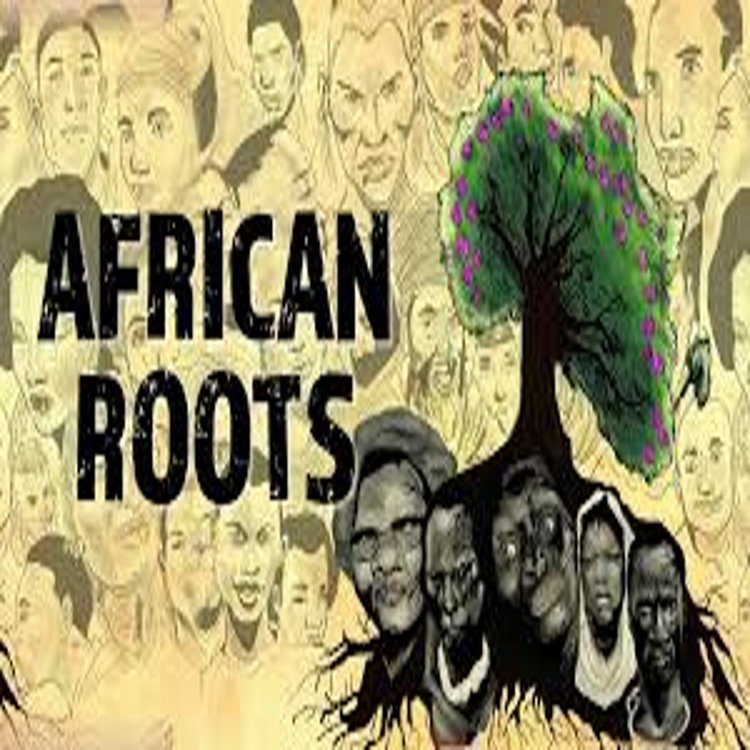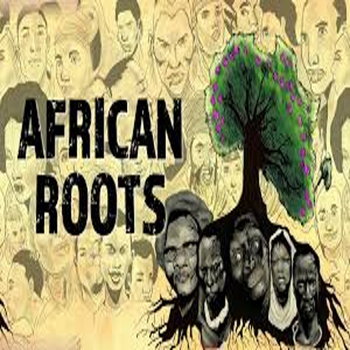
Amilcar Cabral: The collective liberation
Loading player...
Immersed in the pan-African struggle, Amilcar Cabral led Guinea Bissau and Cape Verde toward independence from the Portuguese colonial authorities, but was assassinated short of achieving this goal.
When did Cabral live? Amilcar Cabral was born in 1924 in Bafata, Guinea-Bissau, to Cape-Verdean parents. He grew up in Sao Vicente, Cape Verde, and studied agronomy in Lisbon before returning to Guinea Bissau. On January 20 1973 he was assassinated in Conakry, Guinea.
What was he renowned for? Co-founding the African Party for the Independence of Guinea and Cape Verde (PAIGC) in 1956 and serving as its secretary-general, uniting both countries in their struggle against Portuguese colonial rule. PAIGC led Guinea Bissau to its independence in 1973. Cabral was a pan-Africanist, an agronomist and a poet.
Was there anything Cabral was both criticized and revered for? Probably the most important was not accepting to import foreign models of struggle to apply in Guinea Bissau.
Who was inspired by him? Cabral was an inspiration for other liberation movements in the Portuguese speaking countries in Africa but also around the world. In Lisbon, he helped found the Centro de Estudos Africanos, an association of Lusophone African students, and was in contact with other independence figures of lusophone Africa such as Agostinho Neto, Mário Pinto de Andrade, Marcelino dos Santos
What are some of Cabral's most famous remarks? "The African people know that the snake may change its skin but it is always a snake." "We never confused 'Portuguese colonialism' with the 'Portuguese people'. Our struggle is against the Portuguese colonialism." "If somebody is going to harm me it is going to be one among us. Nobody can harm the PAIGC but ourselves."
Who killed Amilcar Cabral? Cabral was killed in Conakry by a member of his own party who was believed to have acted under Portuguese orders. But there are many theories regarding who was really responsible for Cabral’s death.
When did Cabral live? Amilcar Cabral was born in 1924 in Bafata, Guinea-Bissau, to Cape-Verdean parents. He grew up in Sao Vicente, Cape Verde, and studied agronomy in Lisbon before returning to Guinea Bissau. On January 20 1973 he was assassinated in Conakry, Guinea.
What was he renowned for? Co-founding the African Party for the Independence of Guinea and Cape Verde (PAIGC) in 1956 and serving as its secretary-general, uniting both countries in their struggle against Portuguese colonial rule. PAIGC led Guinea Bissau to its independence in 1973. Cabral was a pan-Africanist, an agronomist and a poet.
Was there anything Cabral was both criticized and revered for? Probably the most important was not accepting to import foreign models of struggle to apply in Guinea Bissau.
Who was inspired by him? Cabral was an inspiration for other liberation movements in the Portuguese speaking countries in Africa but also around the world. In Lisbon, he helped found the Centro de Estudos Africanos, an association of Lusophone African students, and was in contact with other independence figures of lusophone Africa such as Agostinho Neto, Mário Pinto de Andrade, Marcelino dos Santos
What are some of Cabral's most famous remarks? "The African people know that the snake may change its skin but it is always a snake." "We never confused 'Portuguese colonialism' with the 'Portuguese people'. Our struggle is against the Portuguese colonialism." "If somebody is going to harm me it is going to be one among us. Nobody can harm the PAIGC but ourselves."
Who killed Amilcar Cabral? Cabral was killed in Conakry by a member of his own party who was believed to have acted under Portuguese orders. But there are many theories regarding who was really responsible for Cabral’s death.

